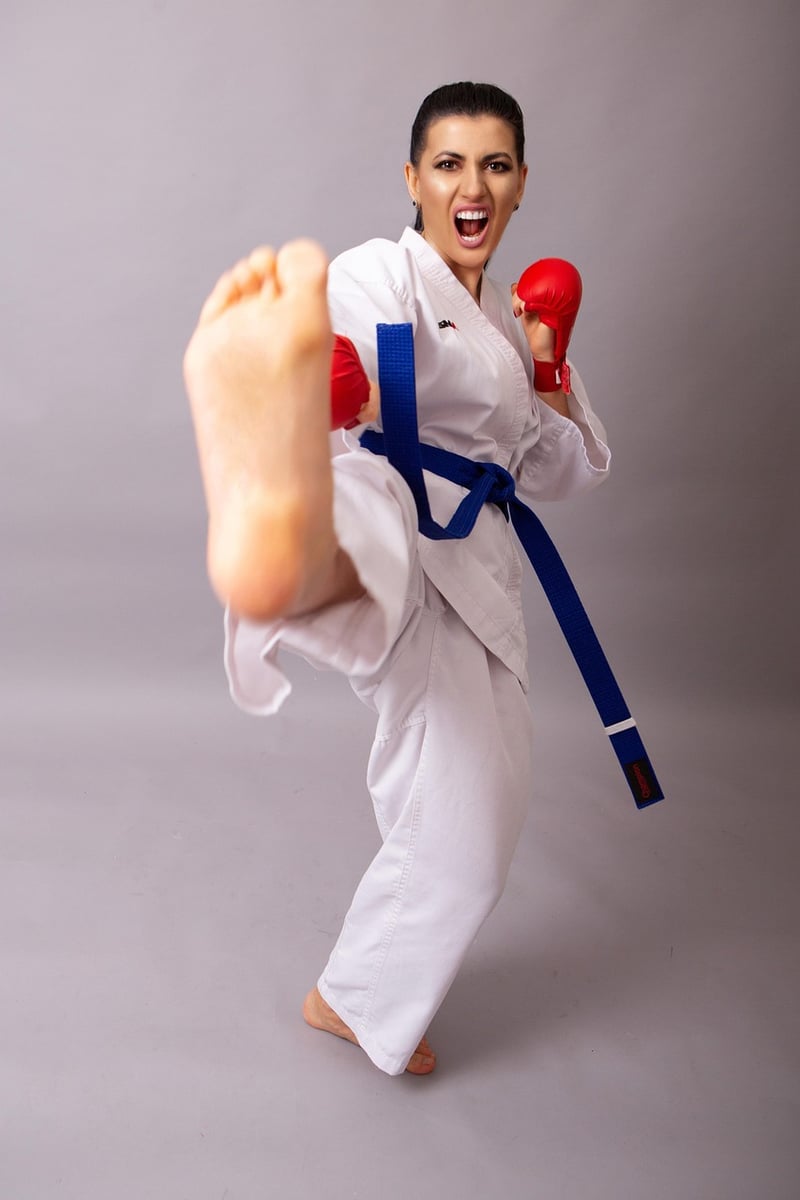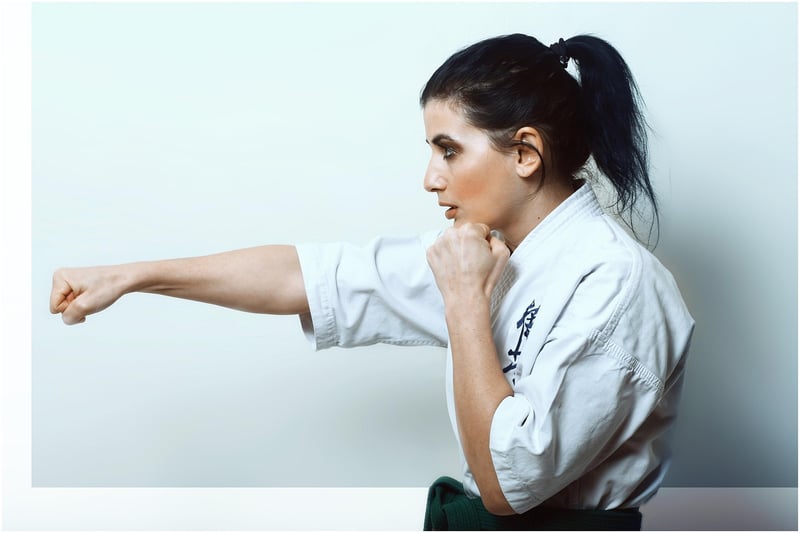Judo
Discipline and Self-Defense Techniques in Judo
Judo is not just a sport or a martial art; it is a way of life that promotes discipline, respect, and self-improvement. In addition to being an effective form of self-defense, practicing Judo can help individuals develop mental fortitude and physical fitness.
The Importance of Discipline in Judo
Discipline is a core principle in Judo that teaches practitioners the value of hard work, perseverance, and self-control. By following a structured training regimen and adhering to the rules and etiquette of the dojo, students of Judo cultivate a strong sense of discipline that extends beyond the martial art itself.
Self-Defense Techniques in Judo
Judo is known for its practical and efficient self-defense techniques that focus on using an opponent's energy against them. Through a combination of throws, pins, joint locks, and submissions, Judo practitioners learn how to neutralize threats and protect themselves in real-world situations.
Key Self-Defense Techniques in Judo:
- Osoto-gari (major outer reap)
- Seoi-nage (shoulder throw)
- Juji-gatame (cross armlock)
- Kesa-gatame (scarf hold)
- Osaekomi (pinning techniques)
Benefits of Practicing Judo
Aside from learning self-defense techniques, practicing Judo offers a wide range of benefits, including:
- Improved physical fitness and coordination
- Enhanced mental focus and concentration
- Increased self-confidence and self-esteem
- Stress relief and relaxation
- Opportunities for competition and social interaction
Conclusion
Discipline and self-defense techniques are integral aspects of Judo that contribute to its effectiveness as both a martial art and a way of life. By practicing Judo, individuals can not only learn how to defend themselves but also develop valuable life skills that promote personal growth and well-being.

For more information on Judo and how to get started with this enriching martial art, visit International Judo Federation.
